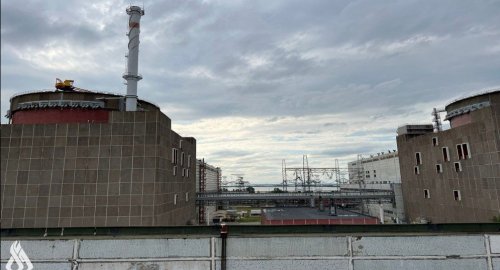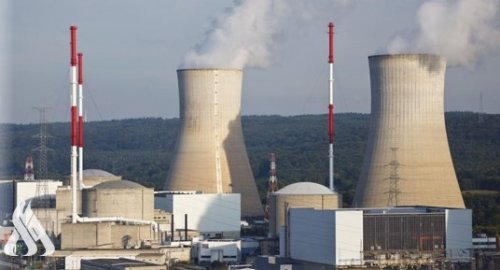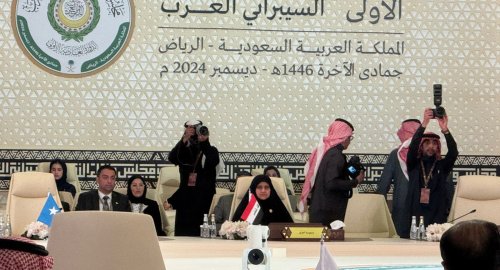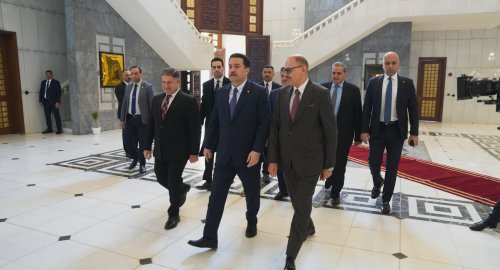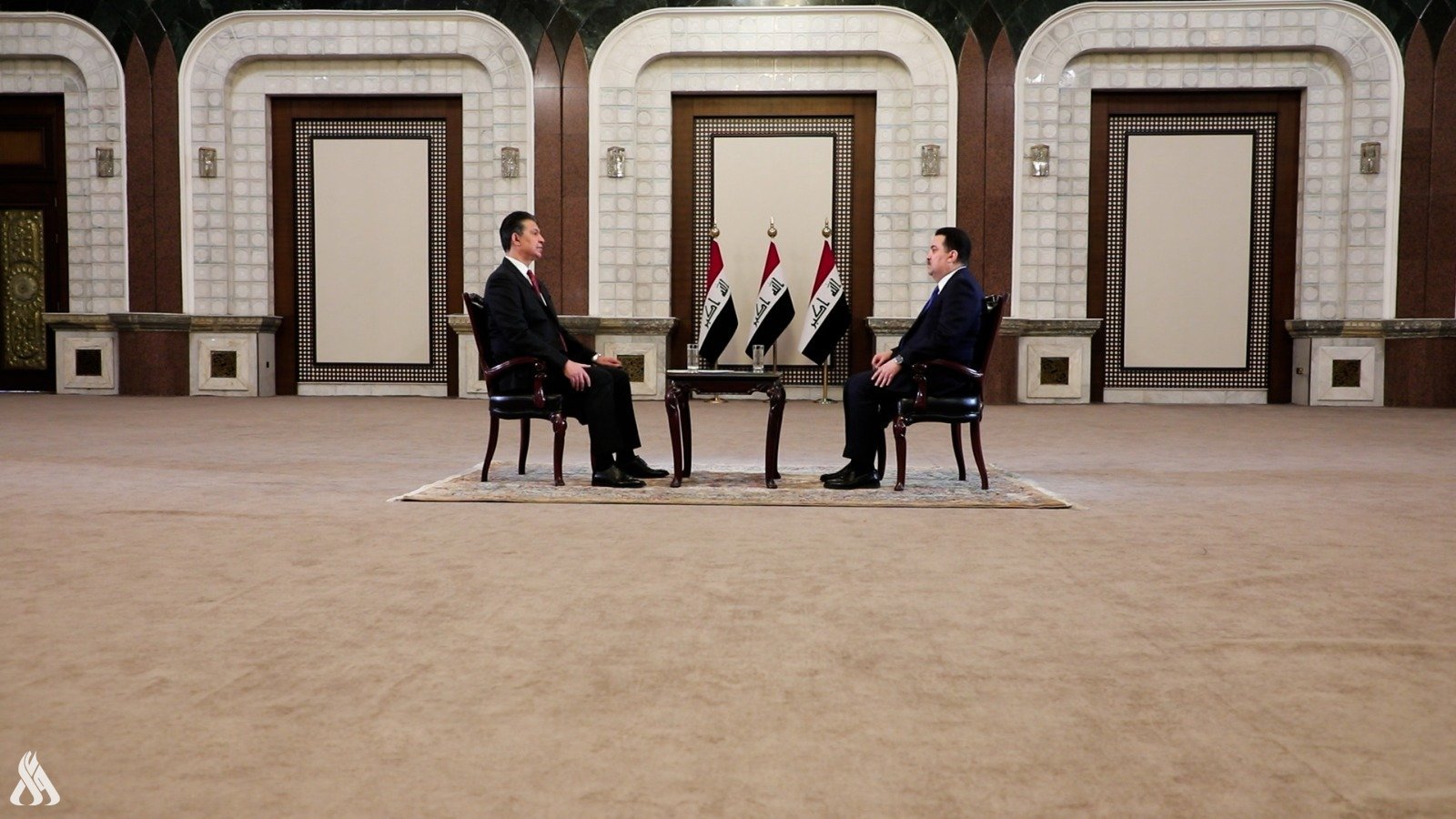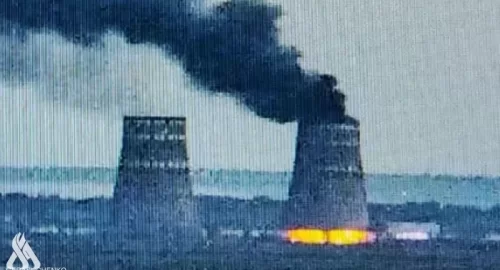
Ukraine And Moscow Blame Each Other For Fire, While IAEA Points To ‘Alleged Drone Attack’

- 12-08-2024, 08:53
INA- sources
Ukraine’s president, Volodymyr Zelenskiy, said Russian forces appeared to have started a fire in one of the cooling towers of the Zaporizhzhia nuclear power station that it has occupied since the early days of the war, although Moscow immediately blamed Kyiv for the incident and the International Atomic Energy Agency (IAEA) said it had been told there was a drone attack.
“Radiation levels are within norm,” Zelenskiy said on social media platform X on Sunday evening, 11 August.
Zelenskiy accused Russia of using its control of the site “to blackmail Ukraine, all of Europe, and the world”.
He said in his post: “We are waiting for the world to react, waiting for the IAEA to react. Russia must be held accountable for this. Only Ukrainian control over the Zaporizhzhia NPP can guarantee a return to normalcy and complete safety.”
A Ukrainian official in Nikopol, about 200 km north of the nuclear station, added on messaging service Telegram that according to “unofficial information”, the fire was caused by setting fire to “a large number of automobile tyres” in a cooling tower.
Late on Sunday night, Russia’s state-run Tass news agency cited state nuclear energy corporation Rosatom as saying that the main fire had been extinguished, while Russian and Ukrainian authorities said one of the cooling towers appeared to have been damaged.
Video and pictures showed smoke dramatically billowing from one of the station’s cooling towers. Tass said the fire was at cooling tower number one, of two. It said the cooling tower was not in use.
All six nuclear reactors at Zaporizhzhia are in cold shutdown, which means the fuel is almost cold and operators do not need to constantly run the primary cooling pumps at the same level to circulate cooling water. Cold shutdown means the fission reaction is slowed significantly or halted completely and the risk of any radiological incident minimised.
Russia said on an official Telegram feed that the fire had been started by the Ukrainian armed forces. It said the fire had been localised and there was no threat to the functioning of the station.
The IAEA said in a statement emailed to NucNet at 22:00 Central European Time on Sunday that its experts at Zaporizhzhia saw thick dark smoke coming from the northwestern area of the facility, after hearing multiple explosions throughout the evening.
The agency said the team was informed that an alleged drone attack on one of the plant’s cooling towers took place on Sunday. There is no impact on nuclear safety, IAEA director-general Rafael Grossi confirmed.
IAEA Says No Risk Of Elevated Radiation Levels
The IAEA team reported hearing an explosion at the same time the Zaporizhzhia plant informed them that a drone had allegedly struck one of the plant’s two cooling towers.In order to ascertain the extent and possible cause of this event, the IAEA is requesting immediate access to the cooling tower to assess the damage.
Zaporizhzhia has two cooling towers at the northern side of the cooling pond, outside the nuclear station’s perimeter. Cooling towers are used during power operation of the plant. Their damage does not directly impact the safety of the six units in shutdown. However, any kind of fire on the site or in its vicinity represents a risk of spreading the fire also to facilities essential for safety, the IAEA said.
The plant confirmed to the IAEA team that there is no risk of elevated radiation levels as there is no radioactive material in the vicinity of the alleged attack area. The team independently verified the radiation levels and confirmed it remained unchanged.
Grossi said that any military action taken against the plant represents a clear violation of the concrete principles for protecting the facility, which were established at the United Nations Security Council in May last year.
“These reckless attacks endanger nuclear safety at the plant and increase the risk of a nuclear accident. They must stop now,” Grossi said.
source: Nucnet
US Central Command: We killed ISIS terrorist leader Abu Yusuf in Syria
- International
- 24/12/20
Liverpool compete with Real Madrid to sign Olympique Lyonnais star
- Security
- 24/12/19
ISC, ADX discuss Strengthening Economic Ties
- Economy
- 24/12/16
Iraq assumes presidency of Arab Investment Company’s Executive Board
- Economy
- 24/12/17

